Families on the Front Line: Sudden Funding Cuts Threaten Progress Against Opioid Crisis
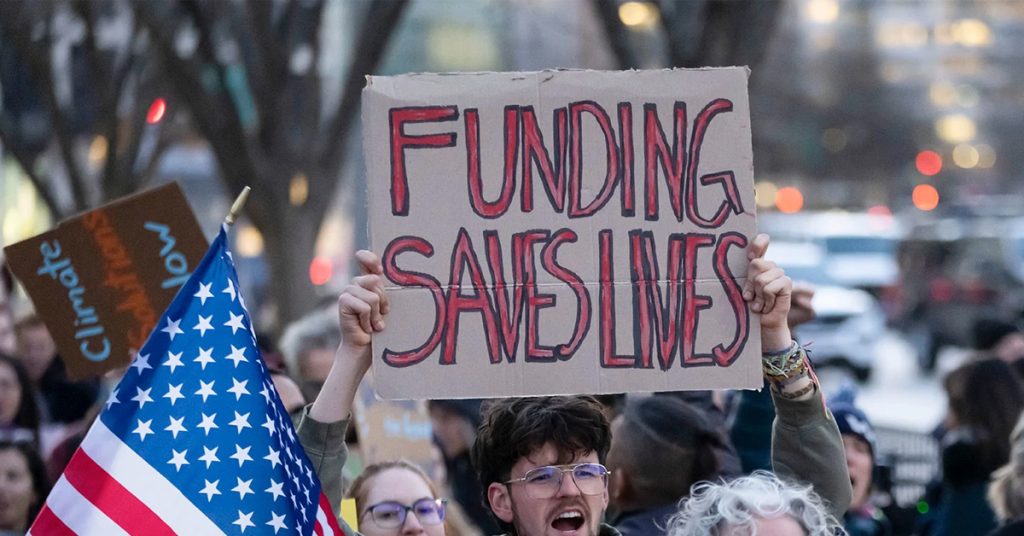
Photo credit: New York Times
Just 42 days into the Trump Administration, massive reductions in federal aid to states cut the legs out from under Massachusetts programs supporting critical, family-centered addiction programs. One of the programs defunded is Allies in Recovery, a lifeline for thousands of families dealing with a loved one’s addiction. Advocates warn that these cuts will leave families without the tools they desperately need for lasting recovery and stability, and risk reversing hard-earned declines in deaths from opioids and other drugs.
Barely six weeks into the second Trump administration, Massachusetts, like many other states, found itself reeling from the sudden and unprecedented slashing of federal aid dedicated to family and community health and wellbeing. Faced with impossible choices, Beacon Hill drastically scaled back its funding for the support and training of families with loved ones suffering from addiction. This enormous reduction of support risks reversing the substantial progress made in recent years to combat the addiction crisis.
That progress was hard won. In the case of Allies in Recovery, it has meant creating and delivering evidence-based training and tailored services, based on the proven effective CRAFT (Community Reinforcement and Family Training) approach, to many thousands of family members in New England and far beyond. The families working with Allies in Recovery have received crucial guidance, practical suggestions, and ongoing expert support to resolve their loved ones’ addiction.
In Massachusetts alone, over 3,500 families have engaged with the science-backed CRAFT approach through Allies in Recovery, creating informed and empowered individuals capable of effectively guiding their loved ones toward care and sustained recovery.
Families are the first responders in the opioid epidemic. They are the most plentiful and dedicated labor force in our national struggle with substance use. They are uniquely motivated and work for free. Training family members is the best investment we can possibly make.
But that training must include more than just emergency responses, such as the proper use of naloxone (Narcan) to reverse an overdose. It must also include proven, evidence-driven methods for reconnecting and supporting their loved ones as the latter face the extraordinary challenge of addiction. That is precisely the training and support that Allies in Recovery delivers.
On March 3rd, 2025, Allies in Recovery, recipient of approximately half of all Massachusetts state support for families of adults struggling with addiction, was informed that its state contract would be allowed to expire at the end of June—this despite 21 years of exceptional service to the Commonwealth. Since its founding, Allies has been at the forefront of the fight against substance use disorder, successfully implementing the CRAFT method through a scalable, self-paced eLearning program that includes live groups, blogs, podcasts, individual guidance, and access to specialists.
The defunding of Allies in Recovery coincides with sweeping federal funding cuts, including the effective closure of the Substance Abuse and Mental Health Services Administration (SAMHSA), over 11 billion in cuts to the Centers for Disease Control and Prevention (CDC), and billions in cuts in grants to state health departments. The Trump administration has also telegraphed its intentions to cut deeply into critical programs like Medicaid and the Supplemental Nutrition Assistance Program (SNAP), exacerbating the challenges faced by families nationwide. Such cuts severely restrict access to healthcare, nutrition, counseling, and other essential supports, increasing the vulnerability of families already under severe strain.
Advocates nationwide are urgently calling for policymakers to reverse these harmful funding cuts and to recognize the essential role that families play in the fight against addiction. Preserving and expanding programs like Allies in Recovery is crucial, not just for individual and family well-being, but also for maintaining broader community stability and reducing the economic and social costs of addiction.
Families are the unsung heroes on the front lines of this epidemic. Since 2015, thanks to state support, Massachusetts families have been granted full access to Allies in Recovery free of charge, and thus equipped to transform the trajectory of their loved ones’ battles with addiction. Today, all that progress is imperiled.
With nearly 50% of U.S. families having loved ones with substance use disorder—and half of those loved ones initially resistant to help—the importance of continuing and strengthening family-focused support programs cannot be overstated. In this struggle, Allies in Recovery has a proven track record: it’s a success story in every sense of the word.
My message to our representatives, community leaders, and the public at large is simple: Don’t let this happen. Training and supporting families saves lives, rebuilds connections, and ensures long-term recovery. If we end this vital support, we risk undoing all of this progress.
Dominique Simon-Levine, founder and CEO
Allies in Recovery
To take action, visit our Advocacy Toolkit: https://alliesinrecovery.net/help-keep-allies-in-recovery-available-for-families/

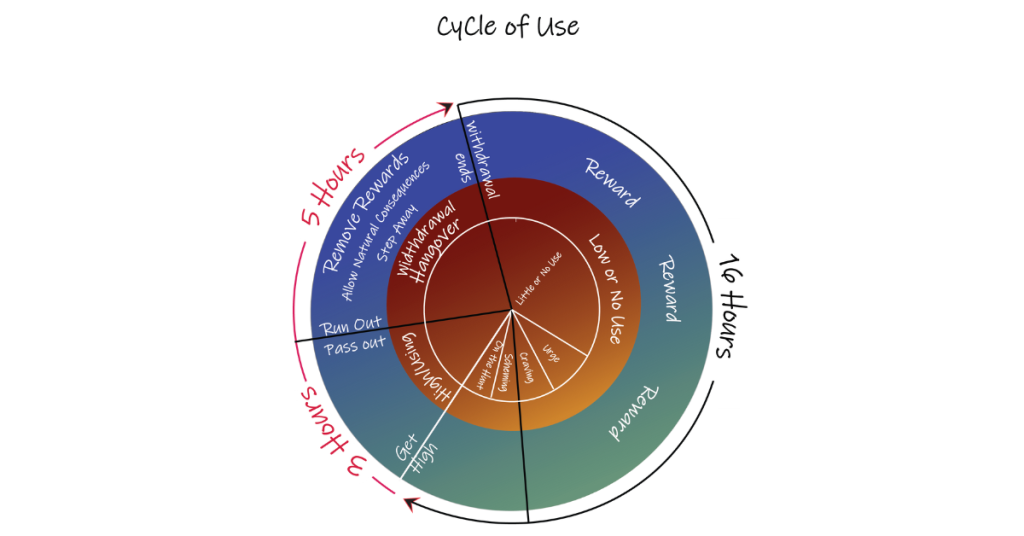

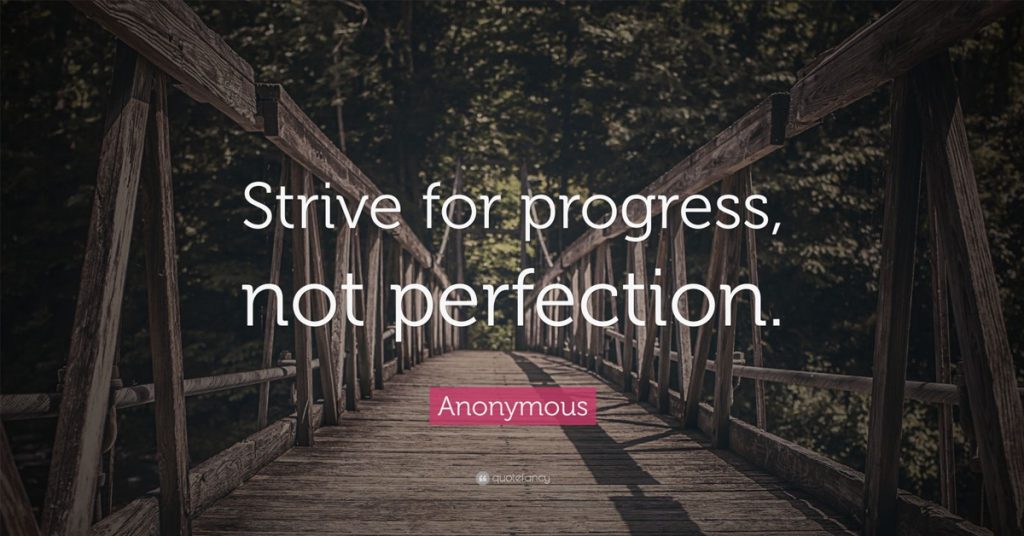


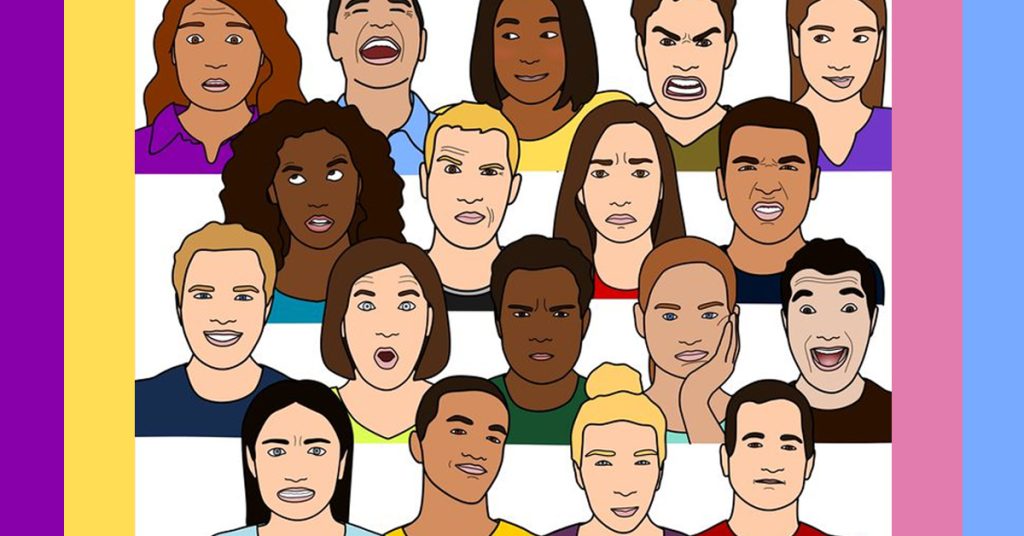

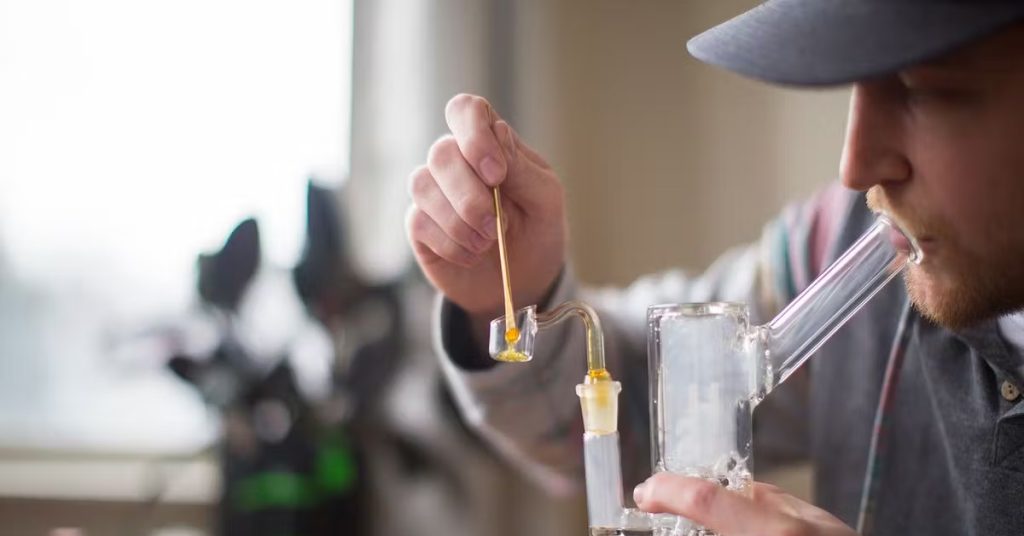

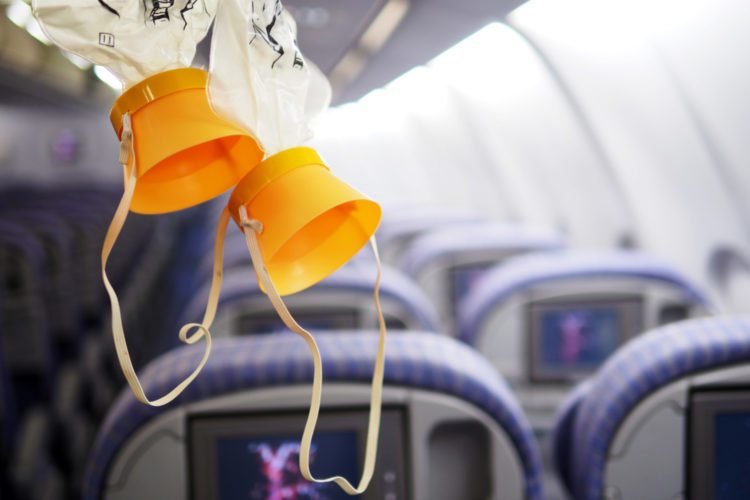




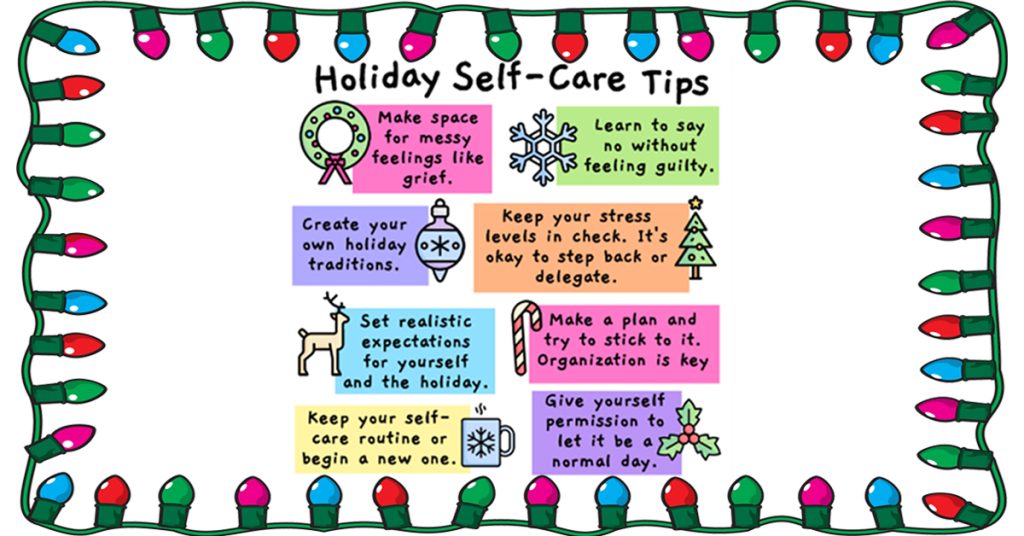









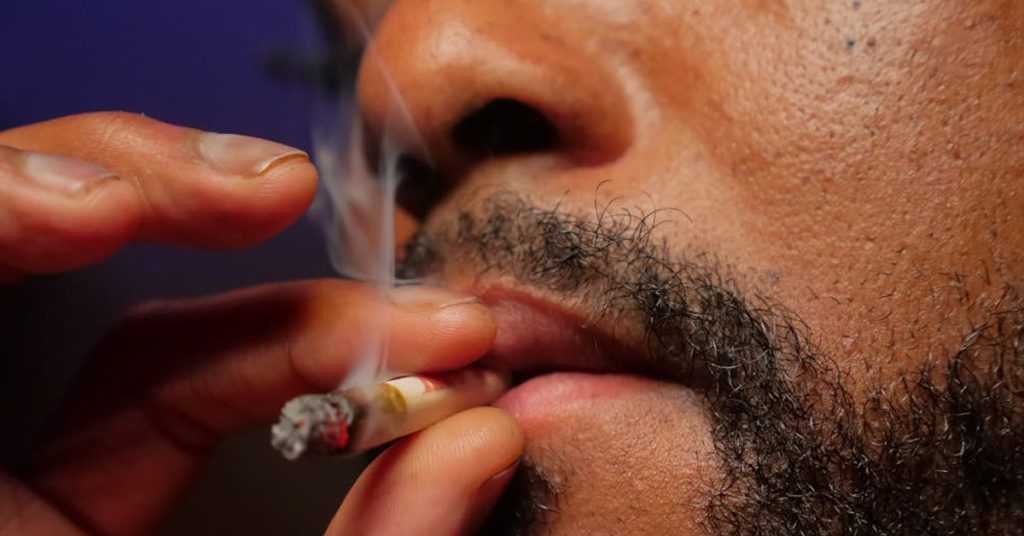

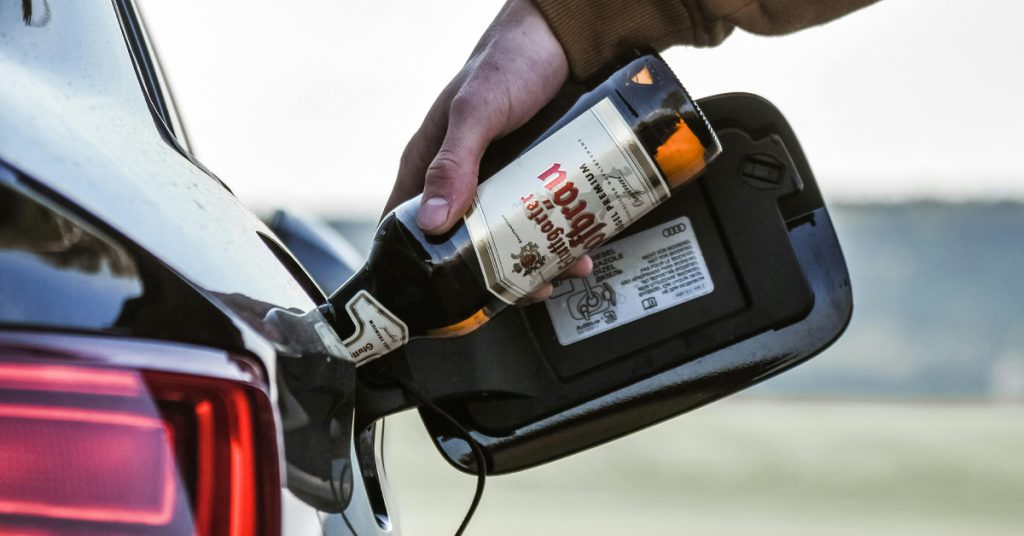
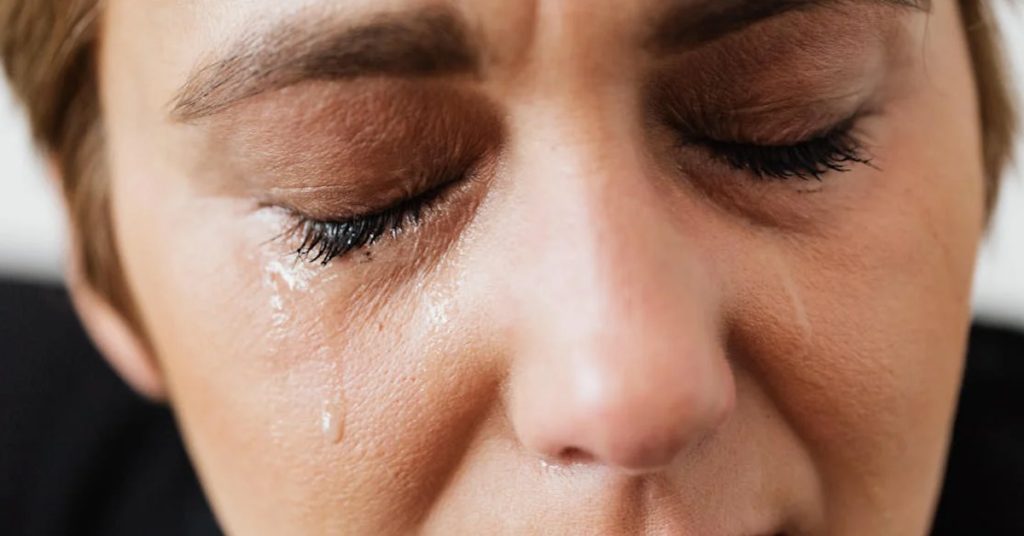


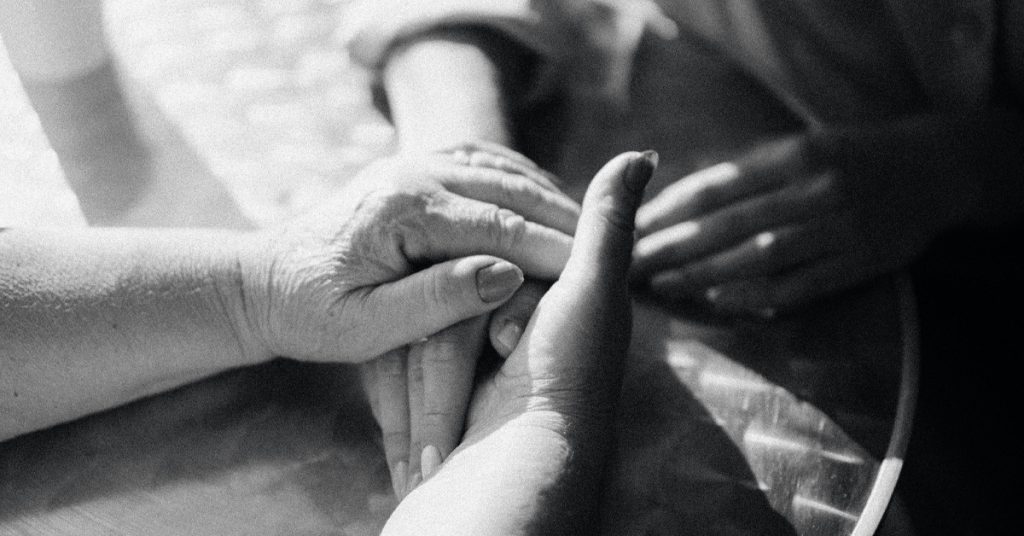
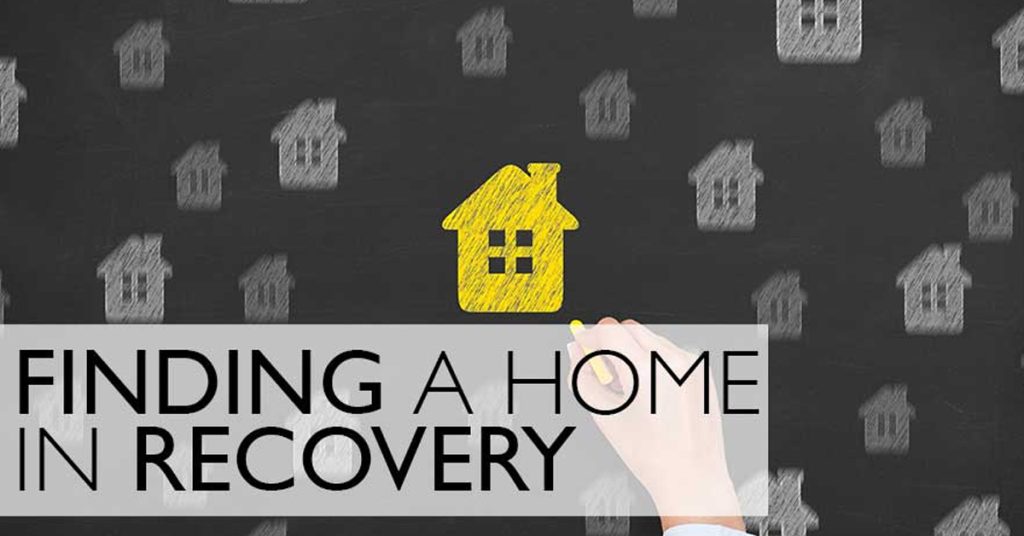
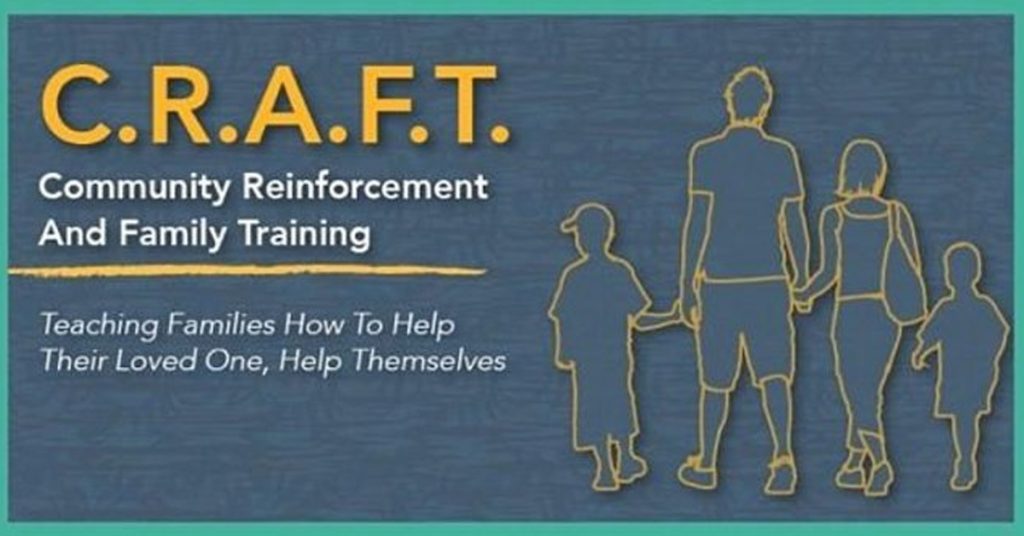
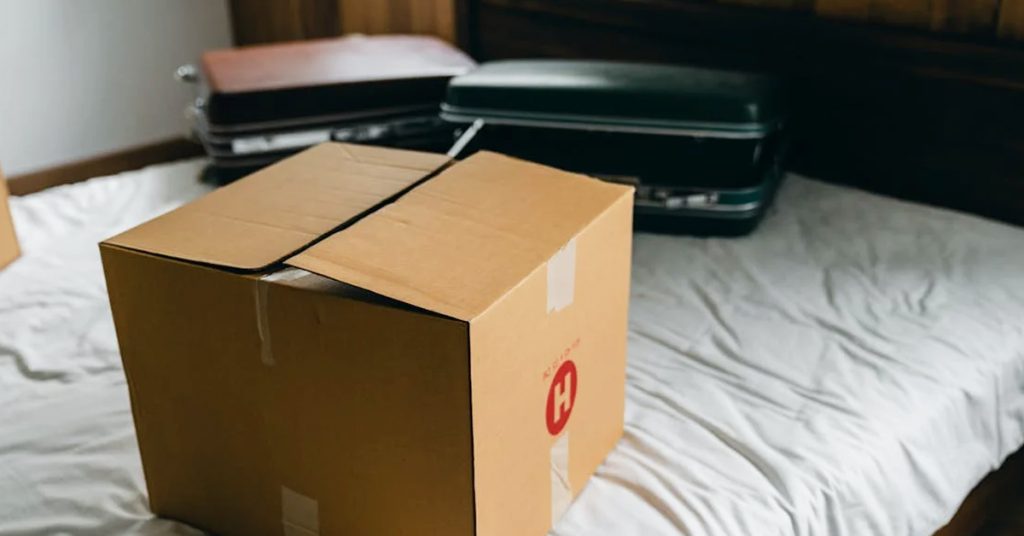






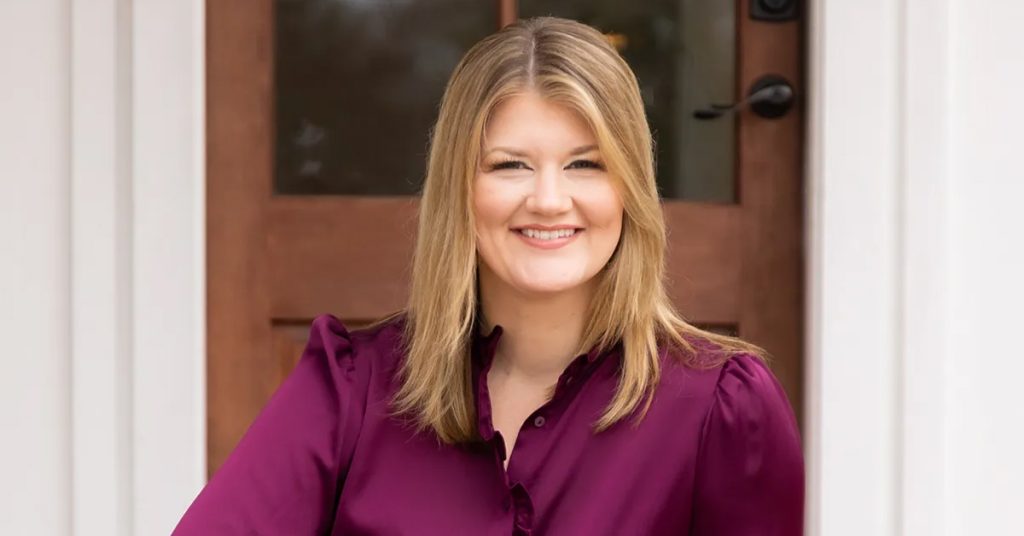
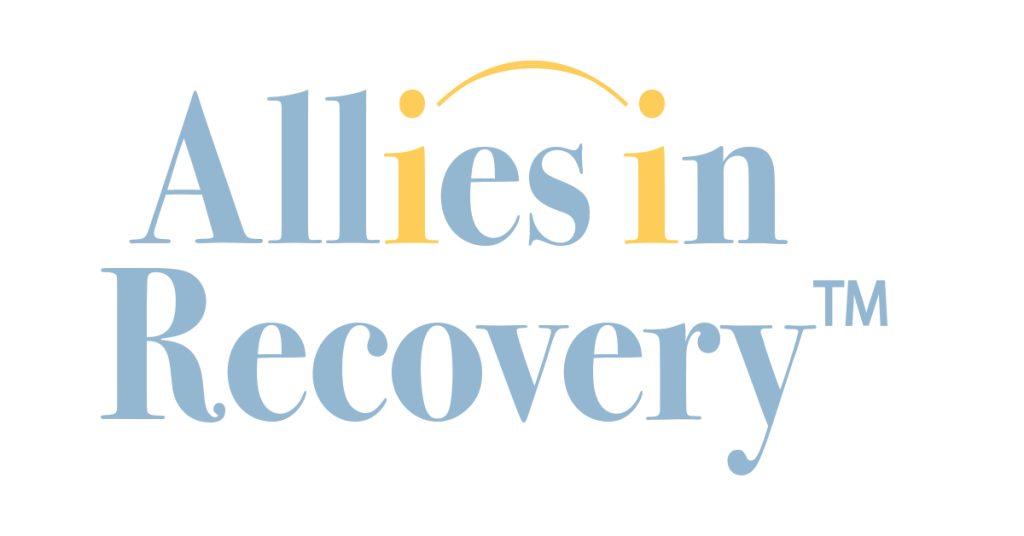


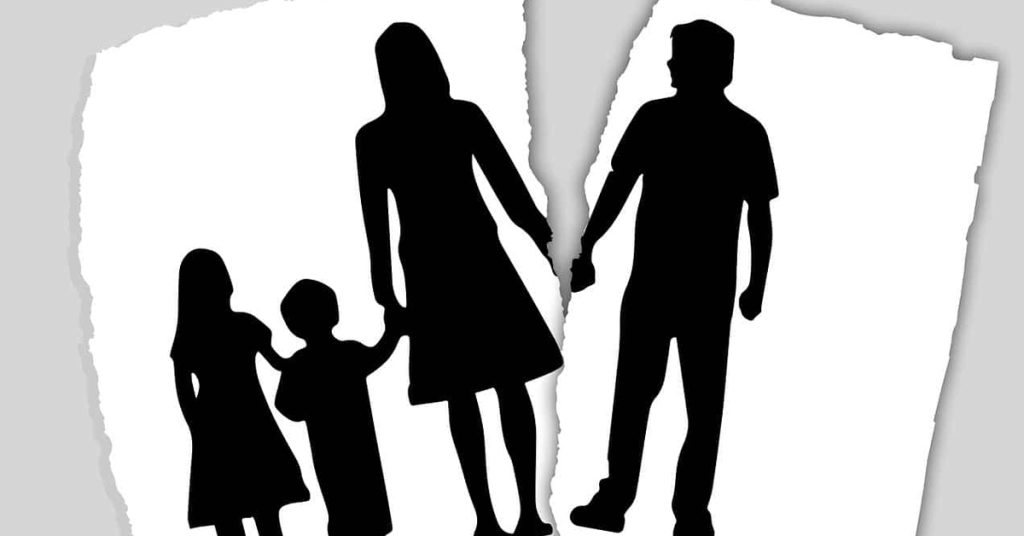
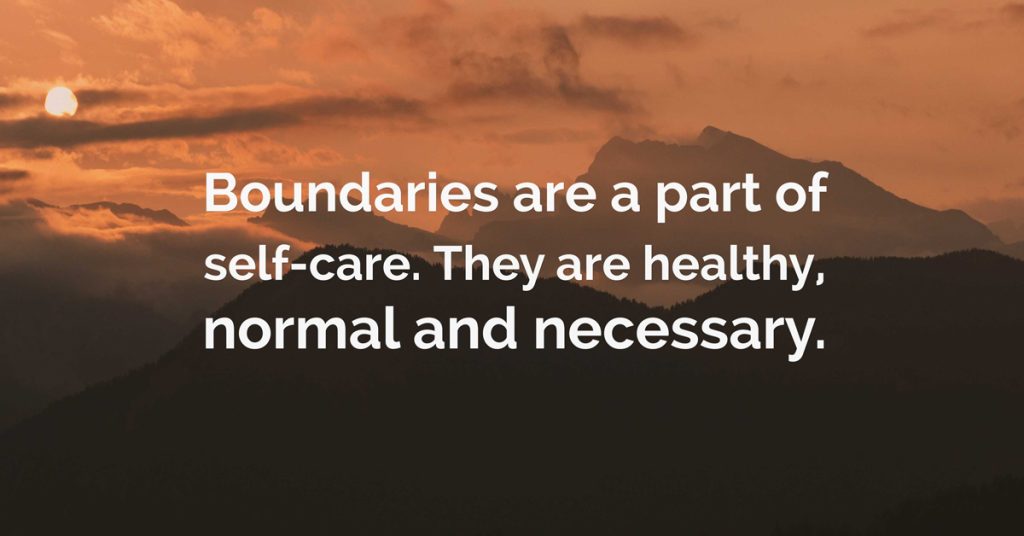






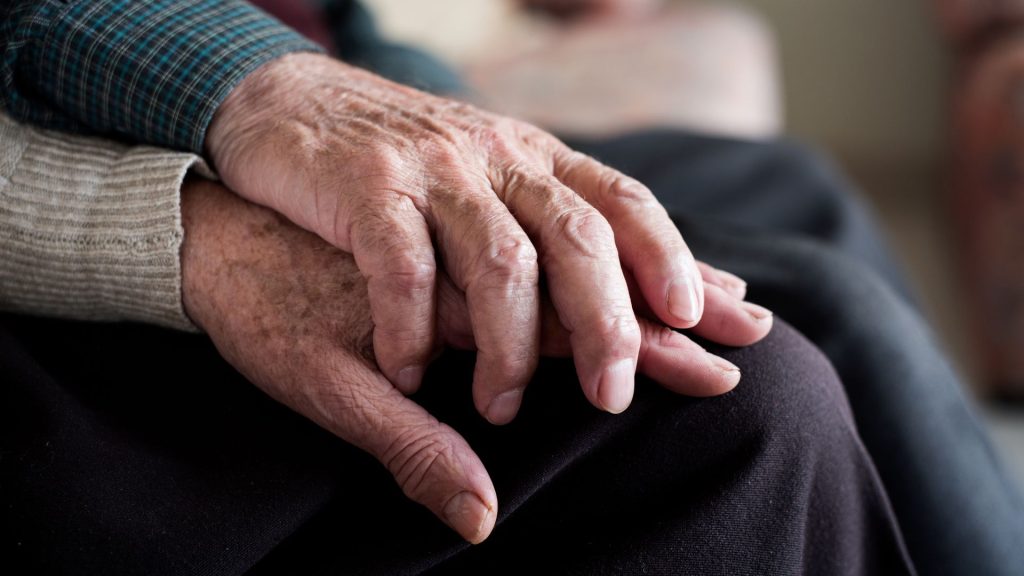

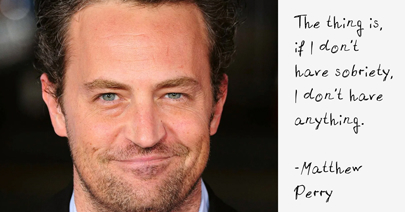



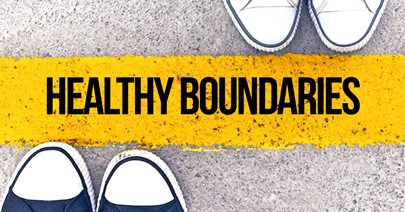

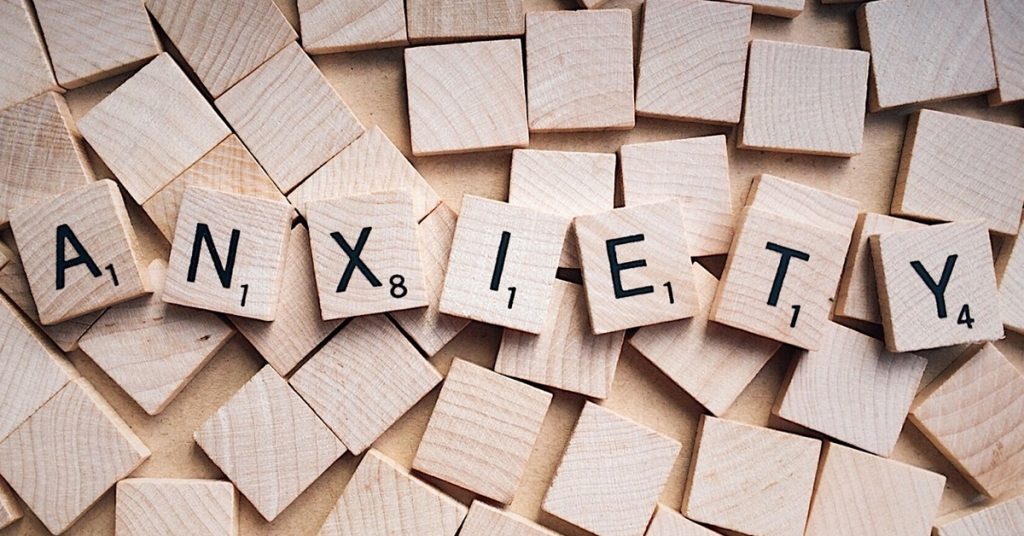













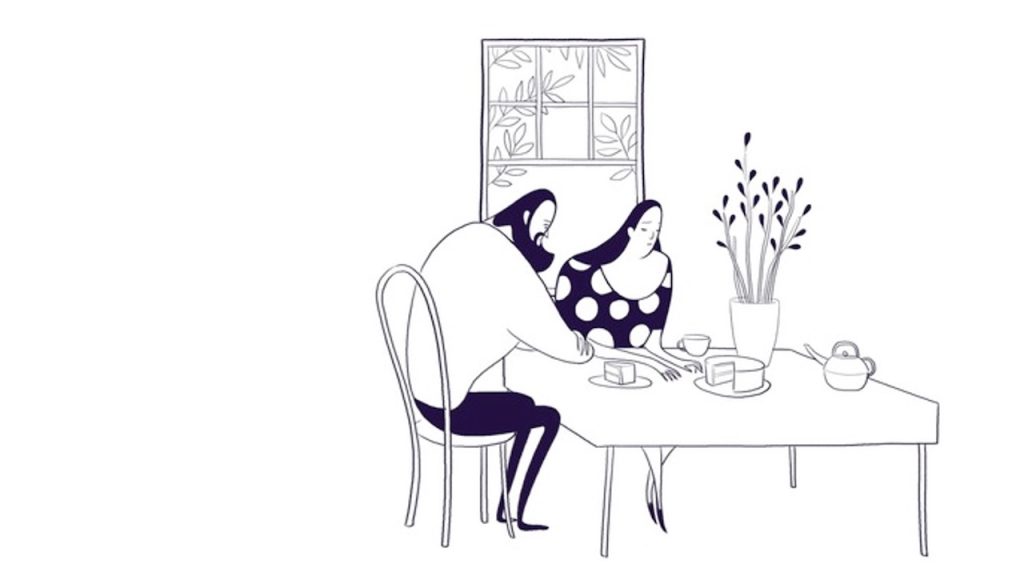



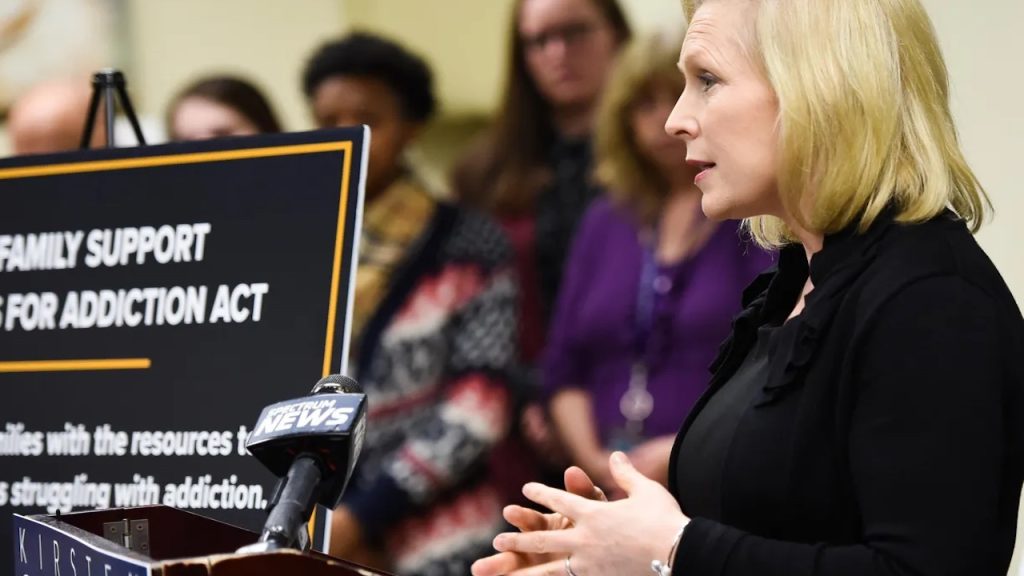


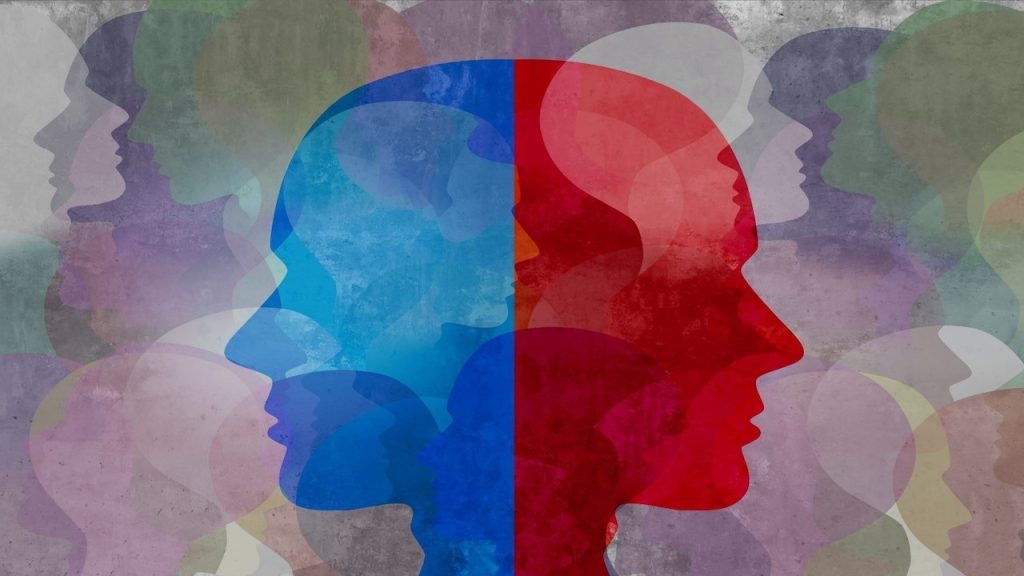

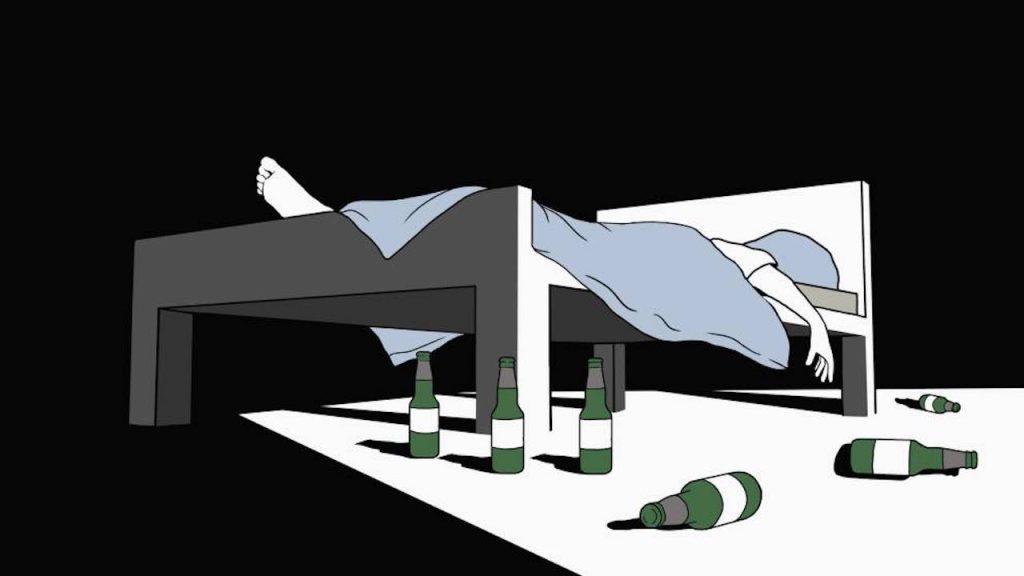





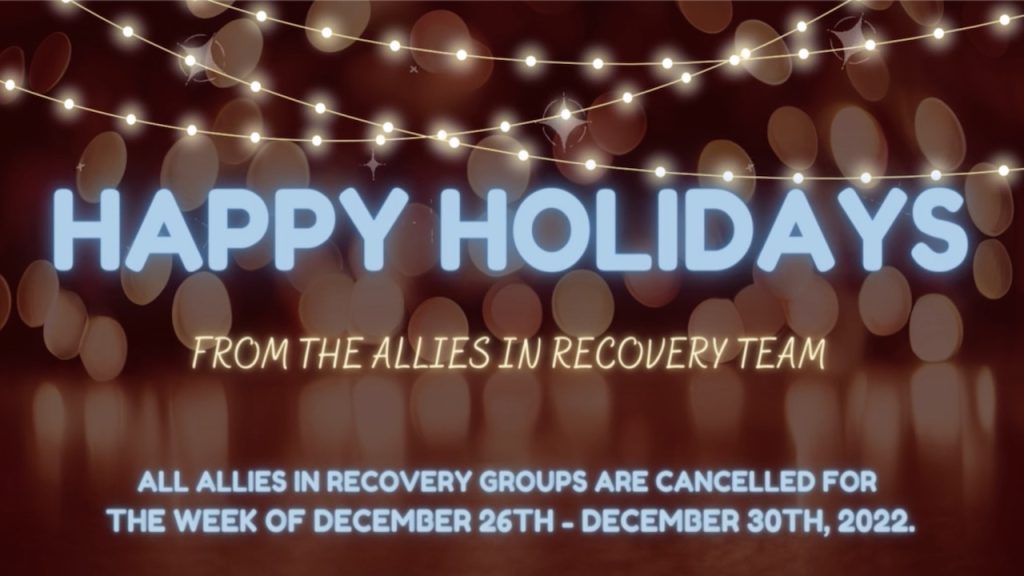
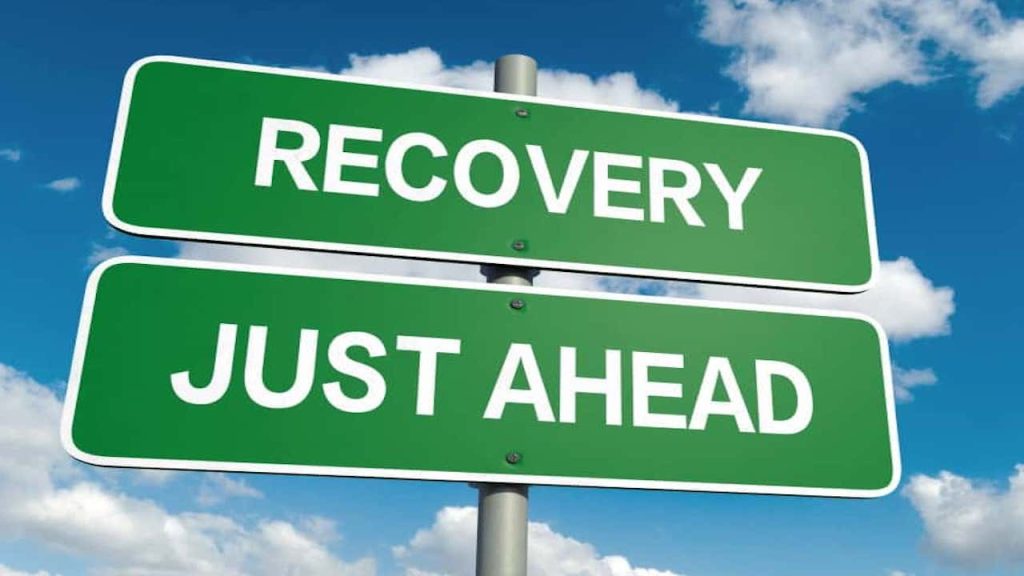


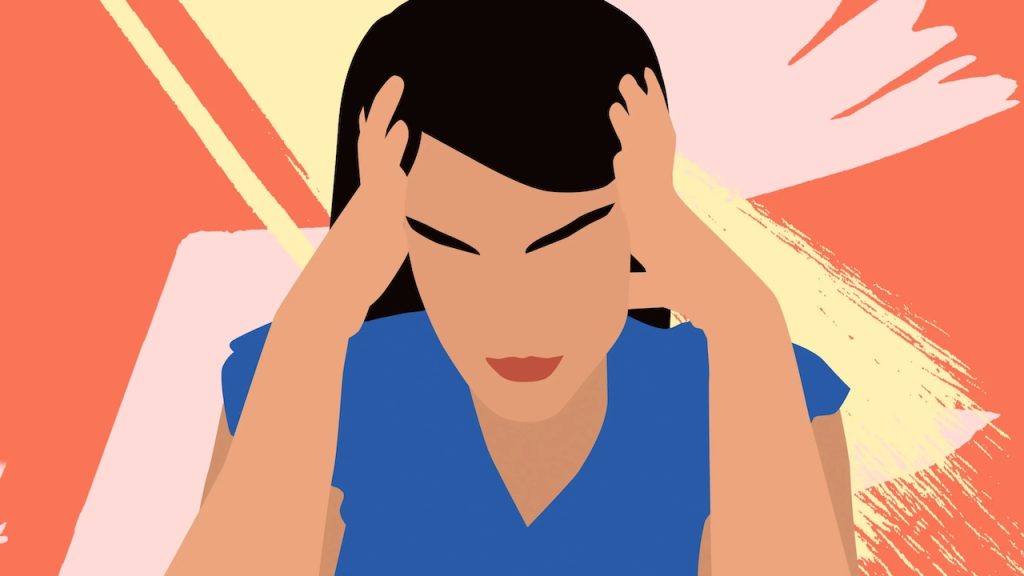
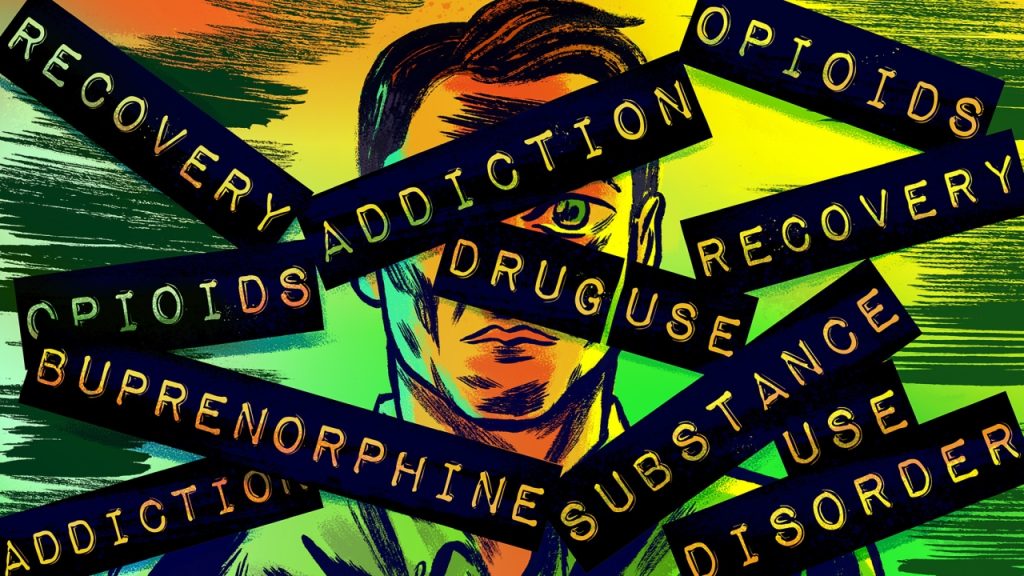

This is atrocious and sad news. Who can we call to make our voices heard, to let policymakers know that this needs to be reversed?
Hi kellyinthehaus,
We deeply appreciate your time and effort to speak up on behalf of the families we serve. This webpage has tools for contacting your representatives at the state or federal level, including scripts and how to locate their contact information: https://alliesinrecovery.net/help-keep-allies-in-recovery-available-for-families/
We are hard at work to keep these resources available!
Many thanks,
Rose, Allies in Recovery